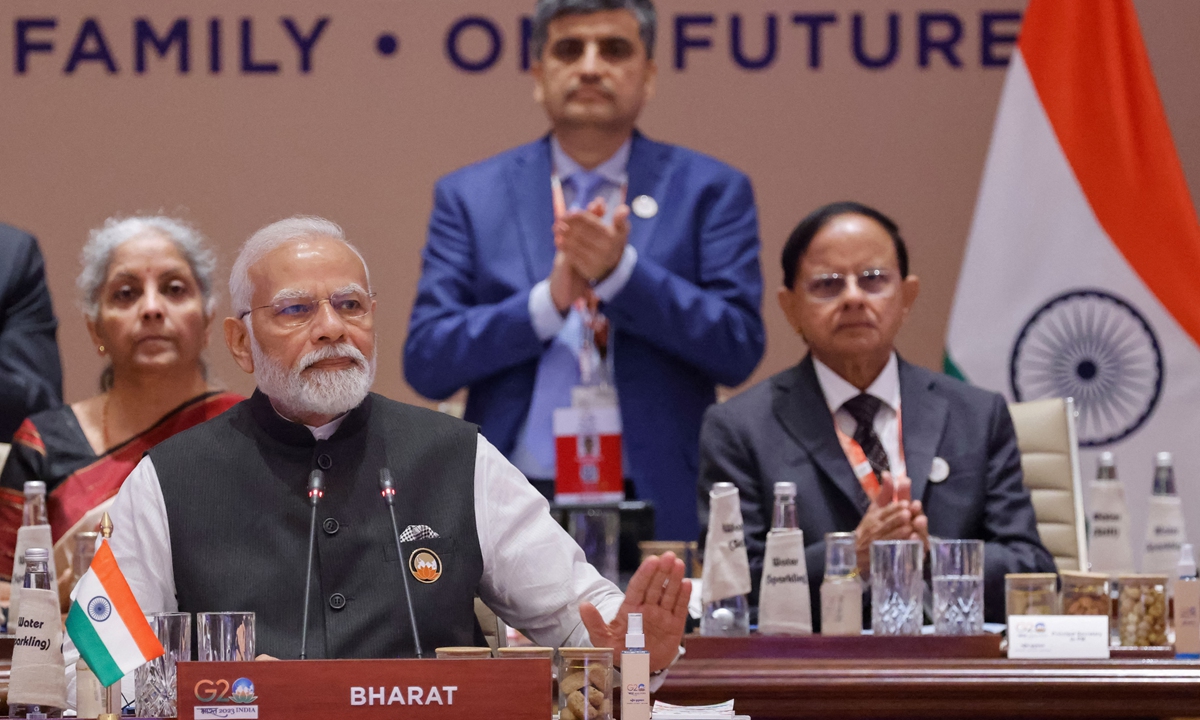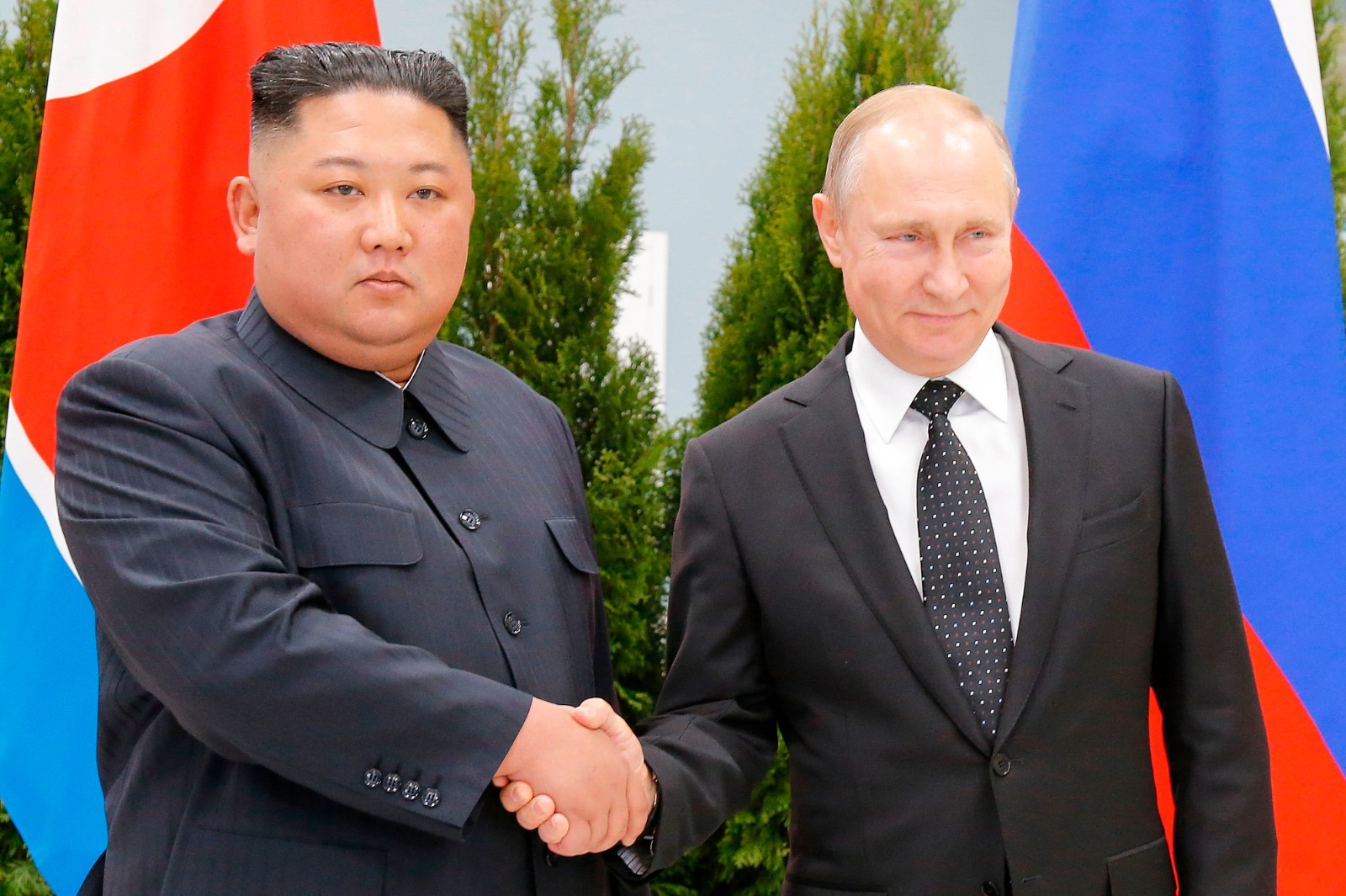During the opening of the G20 summit on Saturday, the name on the placard in front of Indian Prime Minister Narendra Modi read not “India” but “Bharat.” This seemingly innocuous change has ignited a flurry of speculation within India and abroad, prompting questions about whether the Modi administration is considering a monumental shift in the country’s official name. However, the situation is more nuanced than it appears, as India has, for decades, been known by two names – “India” in English and “Bharat” in Hindi and other languages. This dual nomenclature has deep historical roots, reflecting a complex struggle to reconcile a colonial past with a fervent desire for cultural identity.
Historical Roots and Identity
India’s naming quandary traces back to its ancient past. “Bharat,” derived from Sanskrit, carries the earliest historical legacy. On the other hand, “India” itself is not a modern construct; it originated from the Sanskrit “Sindhu,” meaning river. During the British colonial era, “India” emerged as the English name, erasing the Sanskrit connection. The current administration, led by the Bharatiya Janata Party (BJP), holds a deep-rooted ideology of Hindu nationalism and views the term “India” as a symbol of colonial subjugation. Their aim is to discard this legacy and replace it with the English transliteration of “Bharat” to break free from the vestiges of British rule.
Political Maneuvering and Name Game
In the realm of Indian politics, the issue of the country’s name has now become a pivot in political party struggles. Supporters of Prime Minister Modi and the “Bharat” label at the G20 summit belong predominantly to the BJP and its followers. Meanwhile, opposition parties, such as the Indian National Congress, have formed the Indian National Developmental Inclusive Alliance (INDIA). Modi’s strategic use of “Bharat” in G20 summit invitations and placards is seen as an attempt to incite a backlash against the INDIA alliance and rally Hindu voters in his favor.
The Future of ‘Bharat’
The pivotal question now is whether India will undergo a full-fledged transformation of its official name. So far, the Modi administration has not made any official announcements to this effect. The BJP is expected to convene a special parliament session later this month, potentially discussing the prospect of altering the country’s name. The Indian Constitution dictates that a name change would necessitate a two-thirds majority vote in parliament, a feat that the BJP, with only 303 out of 543 seats, may find challenging to achieve. Hence, the Modi administration may opt to continue using “Bharat” in official documents, as it is a recognized name under the Indian Constitution, with the primary objective being the establishment of a new norm where “Bharat” becomes the habitual reference for the country.
A Global Perspective
India’s deliberations on its name are not unique; numerous developing countries worldwide have undergone name changes, primarily as acts of anti-colonialism or expressions of nationalistic fervor. Sri Lanka transitioned from “Ceylon,” a colonial-era label. Similarly, Cote d’Ivoir shed the “Ivory Coast” moniker, emphasizing its native identity, and Ghana emerged from the shadow of the “Gold Coast.” Thailand, once “Siam,” renamed itself to reflect the dominant Thai ethnicity. The Philippines made multiple attempts to shift from the name imposed by Spanish colonizers to “Maharlika.”
Regarding China, which has used the name “印度” (Yìndù) for India, the name “印度” itself has historical resonance dating back to the Tang Dynasty. It indirectly validates that the name “India” is not merely a British invention but has its roots in Sanskrit, akin to the Chinese term’s origins. Even if India officially adopts “Bharat” as its name in the future, it is reasonable for China to continue using “印度.” This doesn’t signify a lack of respect but respects historical nuances. However, any change in India’s constitution regarding its name could alter this dynamic.
As India grapples with its dual identity, it navigates a path that intertwines history, politics, and culture. The debate over “Bharat” versus “India” reflects the nation’s quest for an identity that transcends its colonial past while honoring its rich heritage. In the coming weeks, all eyes will be on India’s parliament, where the fate of its official name may be sealed, shaping the country’s narrative for generations to come.
















